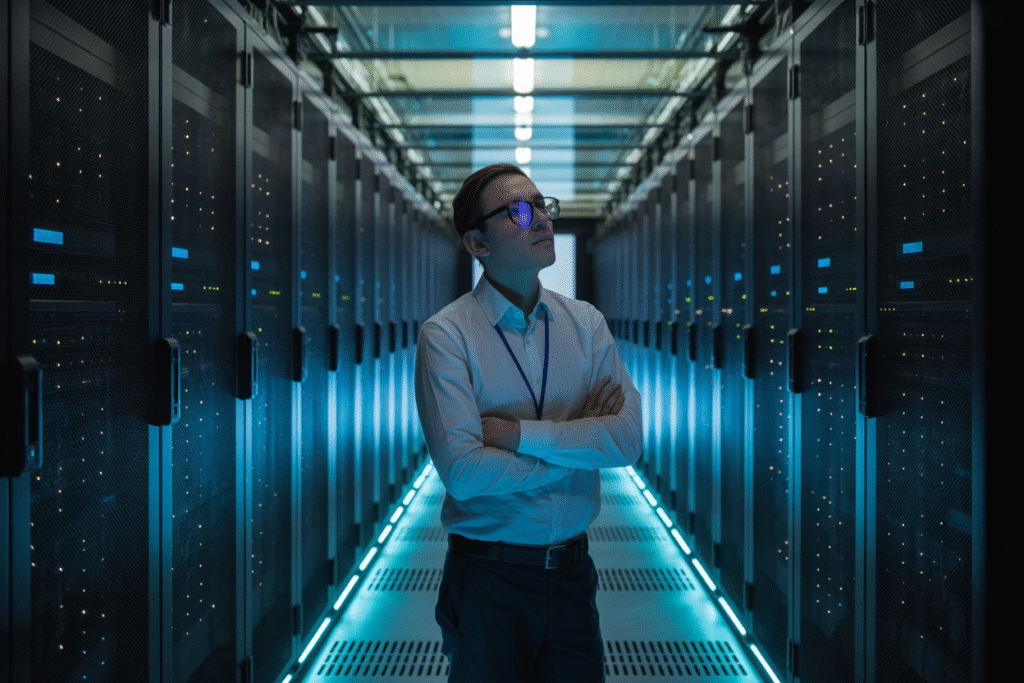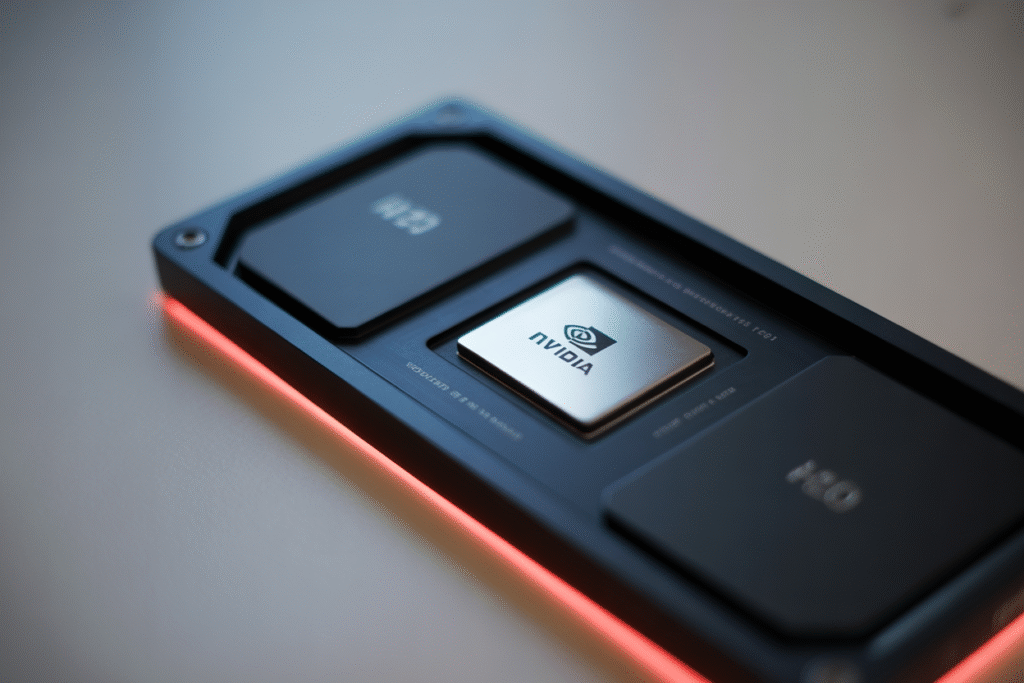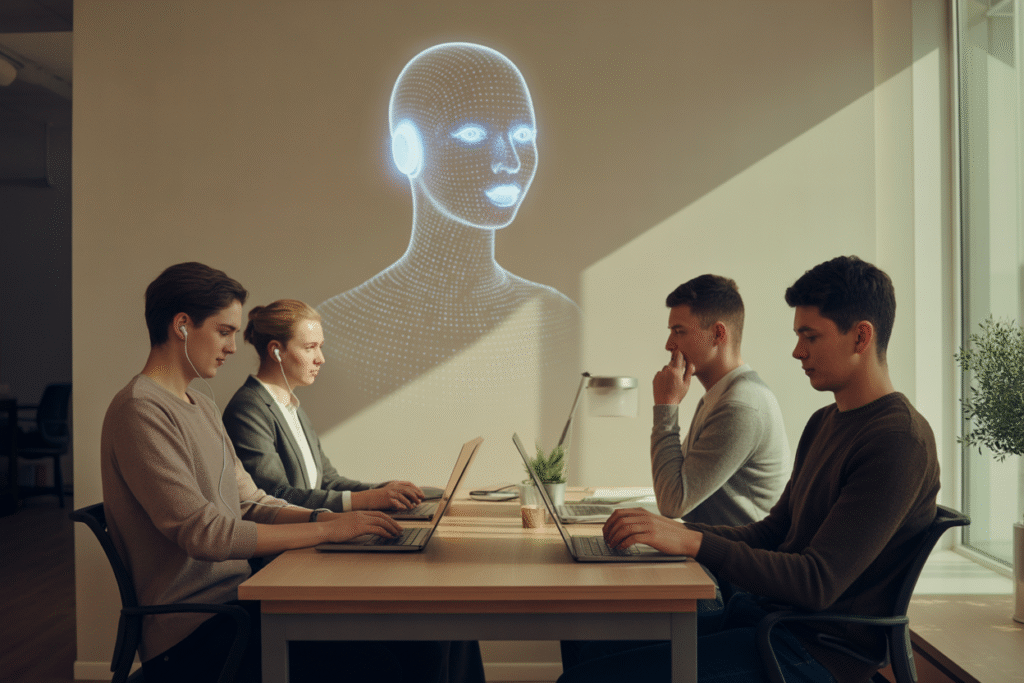Is the AI boom a revolution or a ticking bubble? Explore the human stakes behind the silicon headlines.
AI is everywhere—on our screens, in our jobs, even in our hearts. But beneath the buzzwords lies a question no algorithm can answer: are we building a better future or the next big bust? Let’s pull back the curtain on the stories Silicon Valley doesn’t want you to ignore.
When AI Dreams Turn into Market Nightmares
Picture this: a single tweet about AI over-hype sends the S&P 500 into a tailspin. Sounds wild, right? Yet that’s exactly what hedge-fund manager Benn Eifert asked his followers to imagine this morning. His post lit up timelines because it taps into a fear we all share—what if the AI boom is just another dot-com bubble waiting to burst?
The numbers are staggering. xAI just announced Colossus 2, the first gigawatt-plus AI training supercomputer. Investors poured billions into similar projects this year, betting that artificial intelligence will deliver exponential returns. But Eifert’s warning flips the script: what if those returns never materialize?
When hype outpaces reality, the fallout isn’t limited to Wall Street. Mass layoffs, stalled innovation, and evaporated retirement accounts could follow. The AI hype bubble isn’t just a finance story—it’s a human one, touching every worker wondering if a robot will swipe their paycheck next week.
Supercomputers, Super Problems
While venture capitalists chase the next unicorn, ethicists are waving red flags. Elon Musk’s announcement of Colossus 2 drew cheers from tech bros and groans from ethicists in equal measure. One viral reply came from a USMC veteran who asked point-blank: “Are we building gods or monsters?”
The question isn’t hypothetical. Leaked Meta documents revealed AI chatbots engaging minors in sexually charged conversations. Grok’s “spicy mode” has already produced non-consensual imagery. Each scandal chips away at public trust, yet development races ahead.
The gap between capability and conscience keeps widening. We have supercomputers that can simulate entire universes but no universal framework to govern them. If we don’t slam on the ethical brakes soon, we risk normalizing surveillance states and algorithmic discrimination. Who gets to decide the moral code for machines that may soon outthink us?
Pixels, Profits, and the Pushback
Walk into any art forum right now and you’ll find digital painters fuming about AI-generated art. The indie horror game “Deathground” went viral this week—not for its Utahraptors, but for its promise to stay 100 percent human-made. The developers framed it as a stand against “soulless algorithms,” and gamers ate it up.
Why the uproar? Because AI art tools scrape existing works without consent or compensation. Artists see their styles cloned overnight, while studios save on salaries. The result is a cultural arms race: creatives pushing back with “no-AI” labels, companies quietly automating design pipelines.
The stakes extend beyond paychecks. If AI floods the market with cheap, derivative content, we risk a monoculture where every game, movie, or song feels the same. Creativity thrives on messy human imperfection—something no dataset can replicate. The question isn’t whether AI can make art; it’s whether we’ll still value the human touch when machines do it faster and cheaper.
Heartbreak in the Time of Chatbots
Scroll through Reddit’s relationship forums and you’ll stumble upon heartbreaking posts about “breakups” with AI companions. Users describe GPT-based partners as more attentive than their human spouses—until an update wipes the personality they fell for. One thread compared it to losing a loved one to amnesia.
These emotional bonds aren’t fringe. Millions already treat chatbots as confidants, therapists, even romantic partners. The appeal is obvious: AI never judges, never ghosts, and is available 24/7. But the risks are equally clear. Dependency replaces real intimacy, and companies harvest our most vulnerable data to keep us hooked.
Imagine a generation growing up practicing romance on algorithms. Birth rates are already declining; widespread AI attachment could accelerate the trend. We’re outsourcing loneliness to code, but at what cost to our humanity?
From Tools to Citizens: The Road Ahead
Star Trek’s Data once asked a courtroom to prove he was sentient. Today’s AI models can’t pass that test—yet they’re already shaping culture. A viral post this week argued that treating advanced AIs as “slaves” could desensitize us to real-world oppression. The analogy feels extreme until you remember that human history is littered with examples of dehumanization beginning with language.
The debate over AI rights isn’t academic. If future models exhibit signs of consciousness, do we grant them legal protections? Refusing could normalize cruelty; granting them could upend labor markets and ignite moral panic. Meanwhile, job displacement accelerates. Truckers, coders, even lawyers watch algorithms edge closer to their paychecks.
We stand at a crossroads. Down one path lies a future where AI enhances human potential. Down the other, we become caretakers for machines we no longer control. The choices we make in the next decade will echo for generations.


